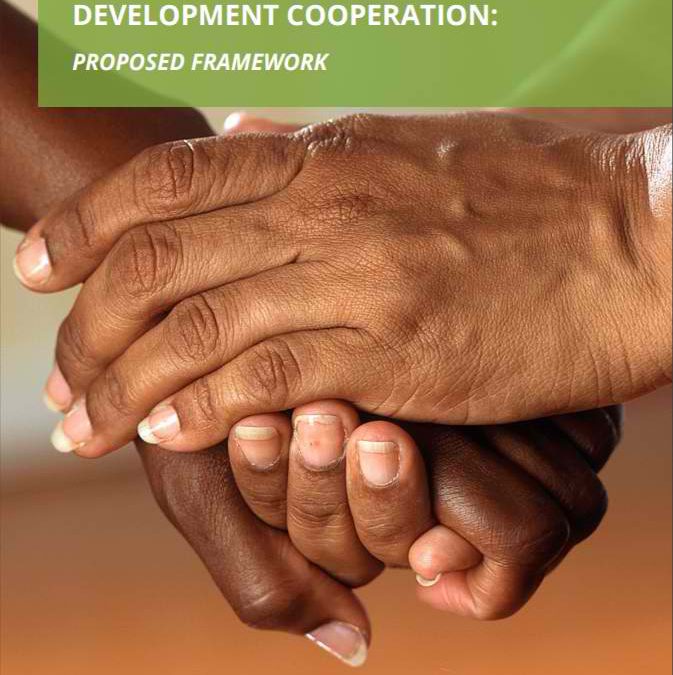This conceptual framework is a tool on ways to monitor and report on the impact of South-South Development Cooperation (SSDC) using a human rights based approach (HRBA) in development research at the regional and country levels. It also suggests sectoral, cross-border thematic areas of how the impact of South-South interventions can be documented and reported. The note builds and expands on existing frameworks. It has been prepared in fulfillment of the decision of CPDE’s Working Group on SouthSouth Cooperation to measure the impact of SSDC in the context of HRBA and in promotion of horizontal SSDC. It is also informed by The Reality of Aid Network’s 2013 report on South-South Cooperation. While reiterating the need for independent monitoring frameworks and processes for SSC, this framework goes a step further by proposing tools to operationalize and mainstream HRBA monitoring in the SSDC programs and projects of the Southern countries.
While general understanding and agreement exists on the value of SSC as a means of sharing knowledge and experiences and positively impacting development that originate in the South, discussions at the UN and other high-level meetings tend to focus on conceptual and political aspects of SSC. The development aspect of this cooperation tends to be neglected or touched on only superficially on such occasions. There is thus a need for a framework to track the development impacts of SSC.
For SSDC to have its intended impact, it is necessary to monitor and report on the overall system-wide policy frameworks, governance, coordination, structures, mechanisms and dedicated resources. As a living document, the framework presents a common, practical and flexible approach to enable the future incorporation of lessons learned and best practices. The note does the following:
- It provides operational definitions of South-South development cooperation, and the benefits of capitalizing on these definitions in addressing national development priorities;
- It identifies possible areas of cover and principle priorities at the global level where civil society organizations can apply HRBA approaches to measure the impact of South-South development cooperation when monitoring Southern development partners and South-South development cooperation initiatives;
- It offers country and regional CSOs a practical approach to mainstreaming HRBA approaches in monitoring South-South development cooperation at country and regional impact assessment;
- It suggests a practical set of principles and performance indicators on integrating impact assessment of South-South development cooperation approaches into HRBA.
DOWNLOAD Towards Measuring South-South Development Cooperation | UN ENFOQUE BASADO EN DERECHOS HUMANOS PARA LA COOPERACIÓN SUR-SUR

